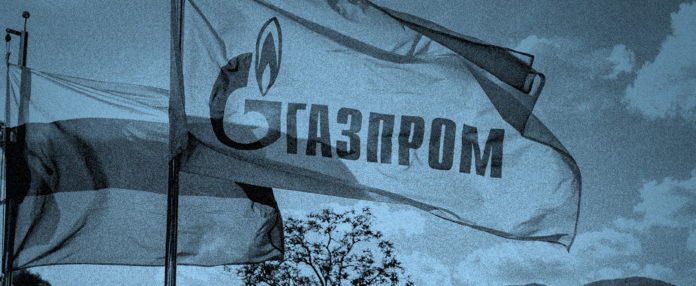Russia recently got closer to self-sufficiency in refined products with the start of white oil production by Gazpromneft-Lubricants at its Omsk refinery.
The country has long been reliant on imported white oils, which are highly refined, odorless, colorless, non-toxic and hypoallergenic mineral oils used in cosmetics, ointments, food packaging and medical lubricants. But one leading expert cautions that the product may not yet meet the strict purity requirements of true white oils.
“Russia’s white oils market is about 15,000 tons a year,” Oleg Tsvetkov, chief specialist at the Topchiev Institute of Petrochemical Synthesis under the Russian Academy of Sciences, told Lube Report on Monday. “It’s unlikely that the Omsk production will significantly affect supply, because the requirements for white oils – particularly in terms of aromatic content – are far stricter than for Group II or Group III base oils.”
Gazpromneft-Lubricants unveiled its new product line at a cosmetics event in Moscow, presenting where the oils were presented as fully Russian-made and based on domestic feedstock processed with Gazprom Neft’s proprietary hydroprocessing technology, according to technical documentation presented at the forum. Hydroprocessing removes sulfur, polycyclic aromatics and other impurities. The technology is reportedly on par with international pharmacopeia standards.
White oils account for a relatively small fraction of the overall lubricant market, but their purity requirements are far more stringent. Russia’s total lubricant consumption reached 1.8 billion liters in 2024, according to Moscow-based consultancy B2X. Prior to this launch, white oils were almost entirely imported with up to 80% from Europe and Asia.
However, Tsvetkov stressed that such ambitions may hinge on whether the company performs additional purification steps.
“Perhaps the Omsk refinery plans to further refine its base oils to meet white oil standards,” he said. “But so far, there’s no public confirmation of that. We may learn more at the May [lubricants] conference.”
He also noted that Russia already has several small-scale producers of white oils – including Medkhim in Samara, Liksir in Lipetsk, and Roksol in Pyatigorsk – but together they meet only about 20% of domestic needs.
In its press release, Gazprom Neft said its white oils had passed toxicological and microbiological tests, met organoleptic standards (neutral in taste and odor), and were certified under GOST – the Russian technical standard system maintained by the Eurasian Council for Standardization. The products are also listed in the Eurasian registry for food-grade lubricants, making them eligible for use in regulated industries.
According to technical documentation presented at the forum, the oils are produced through a multistage hydroprocessing method designed to eliminate aromatics, sulfur, and other impurities – a process described by the company as equivalent to international pharmacopeia standards.
Production is fully integrated at Gazprom Neft’s Omsk facility, one of the country’s largest, which includes a 220,000 t/y Group II and III base oil stream and a 300,000 t/y finished lubricants blending plant. The base oils used for white oil production are derived from domestic paraffinic crude.
The launch comes amid continued Western sanctions that have restricted access to high-purity imports and as Russian food, cosmetics and healthcare industries face tighter regulatory controls. Analysts say the project could open the door to broader investment in specialty base oil capabilities.
Rospotrebnadzor, Russia’s consumer protection agency, confirmed the new products are safe for human use, citing tests by the country’s Center for Hygiene and Epidemiology that showed no irritant or allergenic effects
The Omsk launch fits into a wider pattern of import substitution and industrial localization within Russia’s energy and petrochemical sectors. But for now, experts like Tsvetkov are urging caution – and awaiting further validation.
Gazprom Neft did not respond to requests for further details.
